What is love? And how do you know when you feel loved? How injured do we feel when we don’t feel loved?
I have the opportunity to sit with people who are working hard to heal. There may be parts of themselves that are conflicted or tangled, or perhaps only buried and never known. I welcome and hold space with all the parts. I stay curious and compassionate. I give room for their autonomous self and join them in the discovery.
An amazing thing happens when we are seen, heard, understood, and felt. These attachment dynamics are so powerful that they have the ability to co-regulate us, calm our nervous system, and grow our stunted emotional parts back up.
It’s been said that being heard is so close to being loved that for the average person they are almost indistinguishable (David Augsburger).
So for us to love, it requires something of us. Simply stated, but not simply done, it takes work. Love asks us to be present, to hold space, to be safe enough to allow us to be known and, often, a response. We want to know we’ve been seen or understood. We want to know that what we’ve shared with others has resonated with them or impacted them enough that there can be a response. We’ve risked in sharing something of ourselves, so what will the other person do with what we shared with them?
Love alone, as a thought or a word, is not enough. To say “You are loved” is lacking the depth that is willing to engage to do the work of that connection. It keeps up a wall that doesn’t enter in. If we love someone, are we willing to back that up with our action? Are we willing to do the work it requires — to hear, to understand, to drop our defenses (when the relational space is safe enough to do so!) and to take steps toward someone or be responsive? It might mean having some intentional conversations that bring connection, depth, and understanding.
